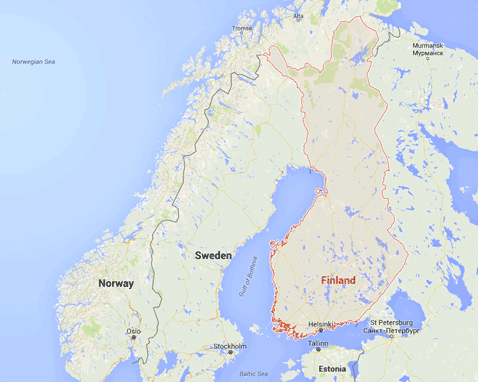AU PAIR CULTURE QUESTS
ARGENTINA
South America
Capital: Buenos Aires
Languages: Spanish
Predominant Religion(s): Christianity
(Roman Catholic)
COMMON CHARACTERISTICS:
- Independent, mature, responsible, trustworthy.
- Open to share their ideas or thoughts.
- Open minded, flexible, ready to have a good experience abroad.
FUN FACTS:
- Young people in Argentina love technology – they can’t understand how their grandparents survived without cell phones!
- Argentine beef is famous around the world, so naturally Argentineans love barbeques!
- The Argentine city of Ushuaia is the southernmost city in the world!
USEFUL PHRASES:
- How are you? Como estas?
- Fine, thanks. Bien, gracias.
- My name is… Mi nombre es…
- Nice to meet you. Encantada de conocerte.
- Thank you. Gracias.
“Do not hesitate! Just go for it! It was the best decision I ever made. It changed my life completely. I made so many friends from all over the world.”– Cecilia, au pair from Argentina
“It’s an incredible experience, and you will learn a lot about yourself.”– Mariana, au pair from Argentina
“I’d say that this was and will be one of the best and most intelligent decisions I’ve made in life. It was such a big challenge that made me grow a lot as a person.”– Emilse, au pair from Argentina
“In the U.S. I did not work for an employer, I was part of a family that would be my family for the rest of my life.”
Naomi, au pair
South Africa
 Flag of Argentina
Flag of Argentina 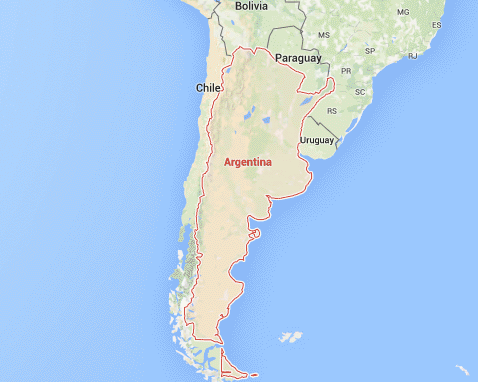

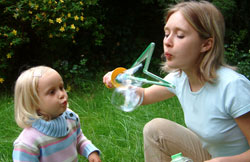
 Flag of Denmark
Flag of Denmark 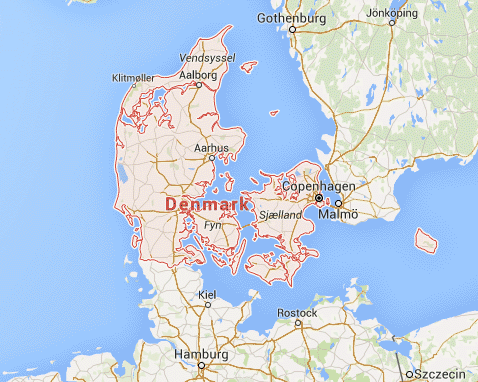

 Flag of Ecuador
Flag of Ecuador 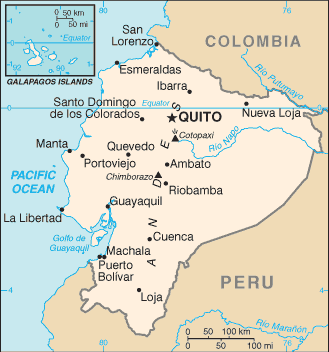

 Flag of El Salvador
Flag of El Salvador 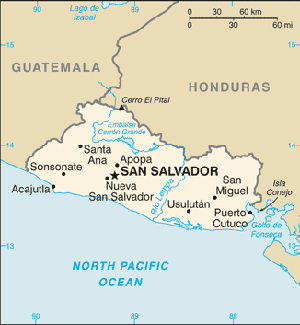

 Flag of Estonia
Flag of Estonia 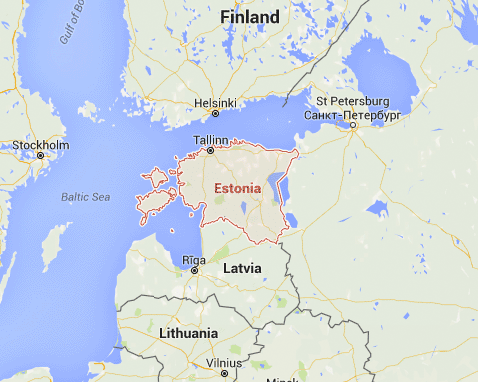

 Flag of Finland
Flag of Finland 